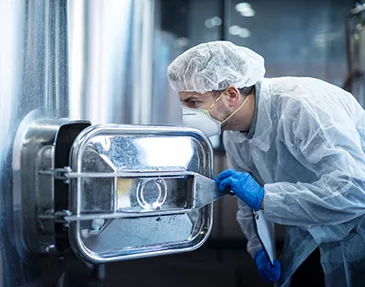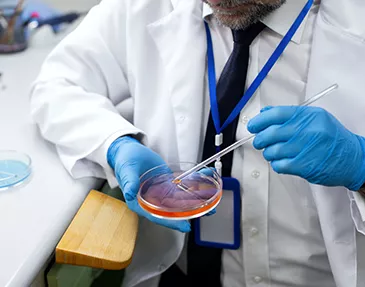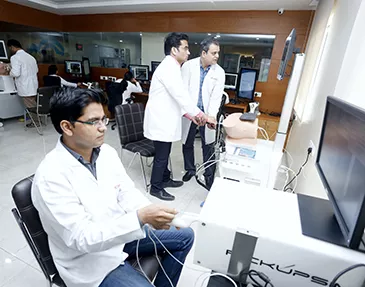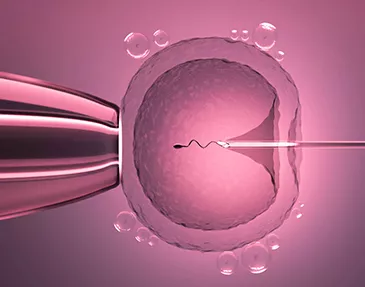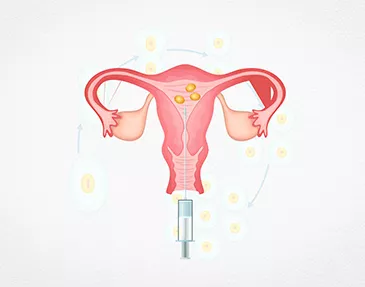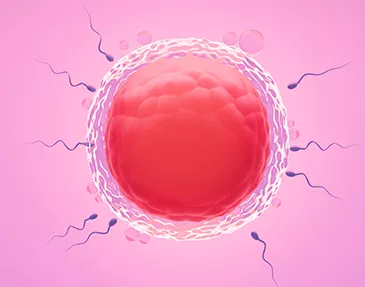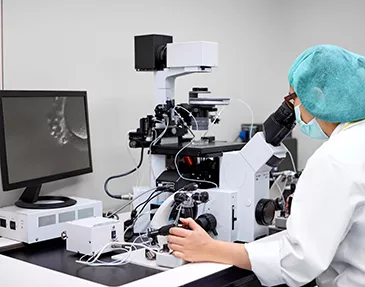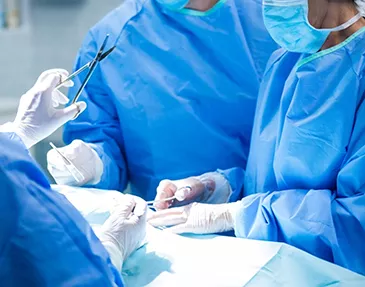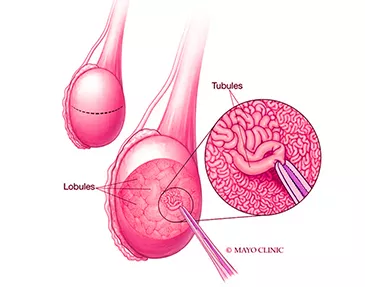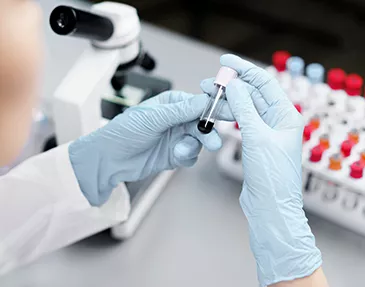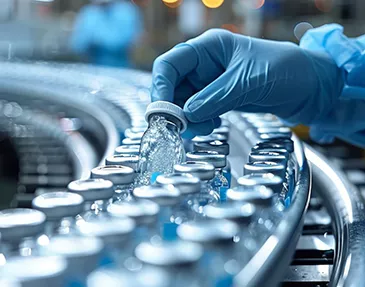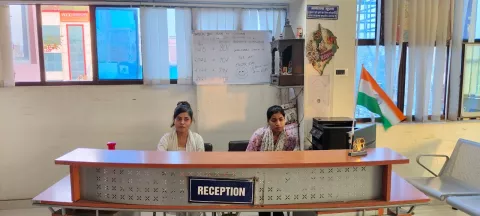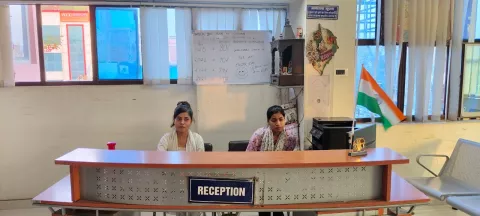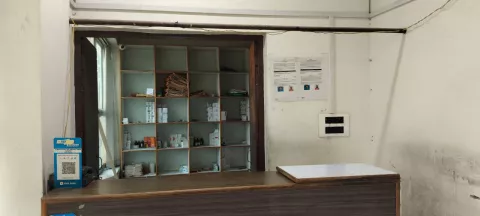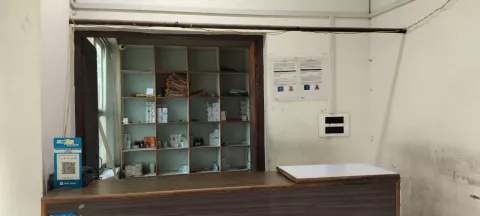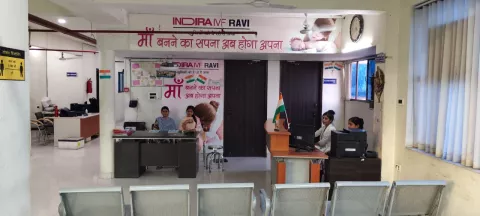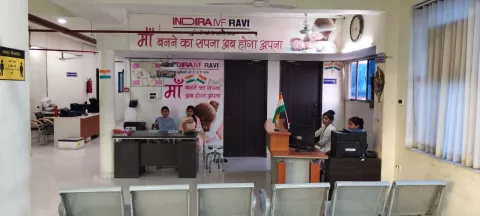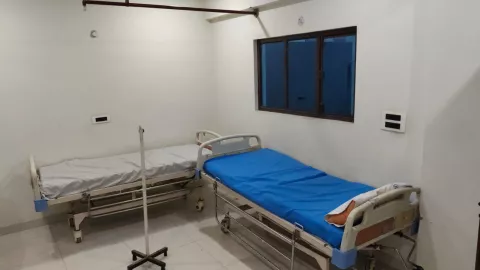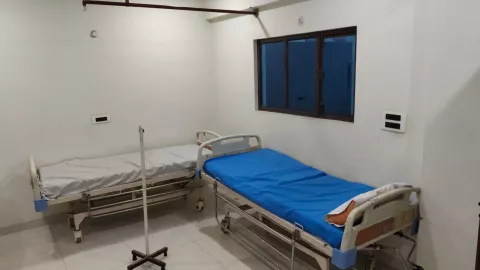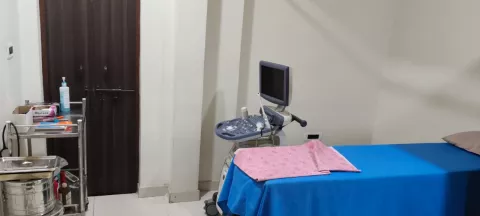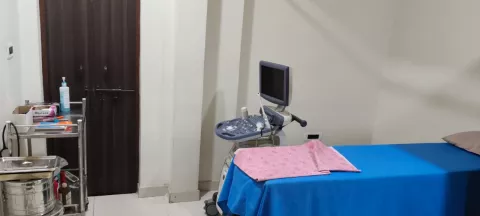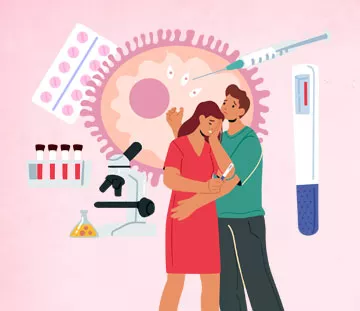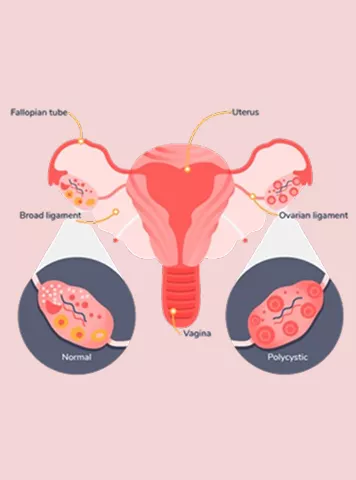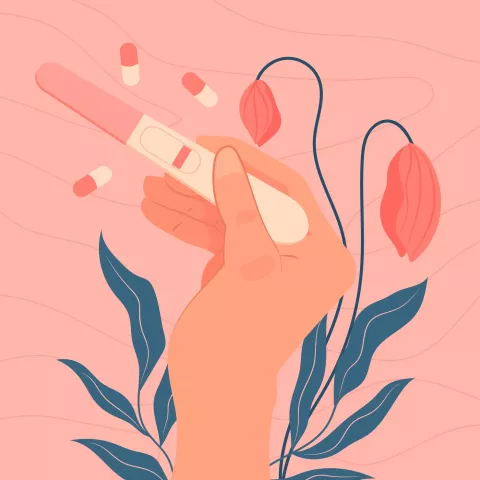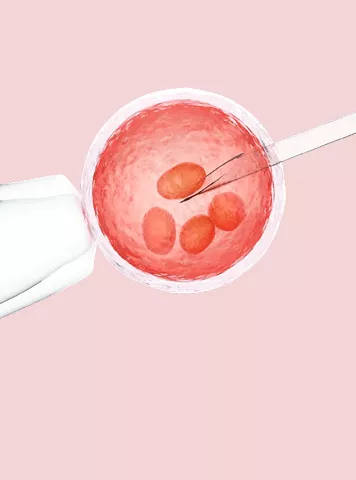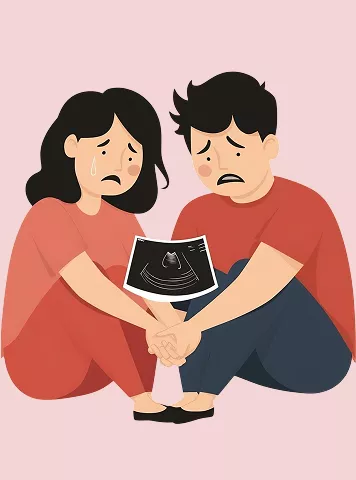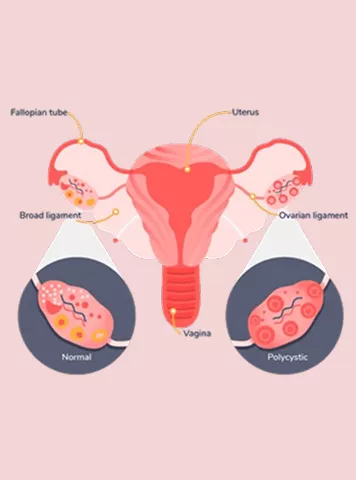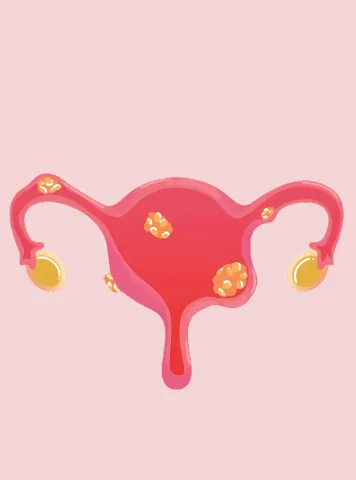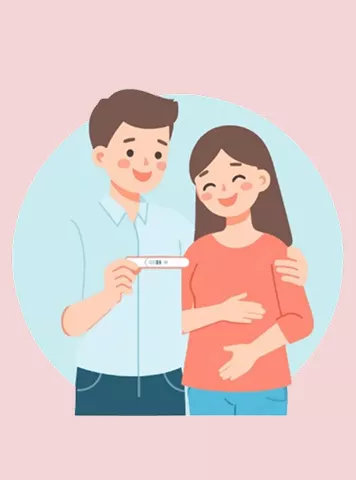Start Your Parenthood Journey with Indira IVF Clinic in Aligarh
Our Fertility Clinics in Aligarh
Why Choose Indira IVF for IVF Treatment in Aligarh ?
Choosing the right fertility clinic is one of the most important decisions in your journey to parenthood. At Indira IVF, we are dedicated to providing our patients with accessibility, awareness, and reliability to help them make the best decision. Our IVF clinic in Aligarh offers modern fertility treatments that combine advanced scientific techniques with heartfelt care. Choose Indira IVF to have a right partner on the road ahead.
Indira IVF’s Key Achievements and Network

1.75 lakh+ IVF Pregnancies
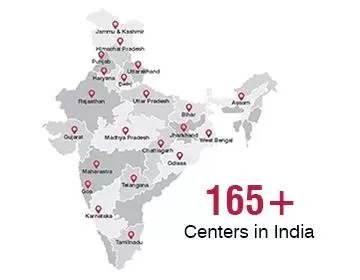
165+ Centers in India

340+ IVF Doctors
Treatments Offered at our Fertility Clinics in Aligarh
Inside our IVF Clinics in Aligarh
Awards & Recognitions for Indira IVF
-

Best IVF/Fertility Chain of the Year – National
IVF Excellence Awards by Voice of Healthcare, 2024
-
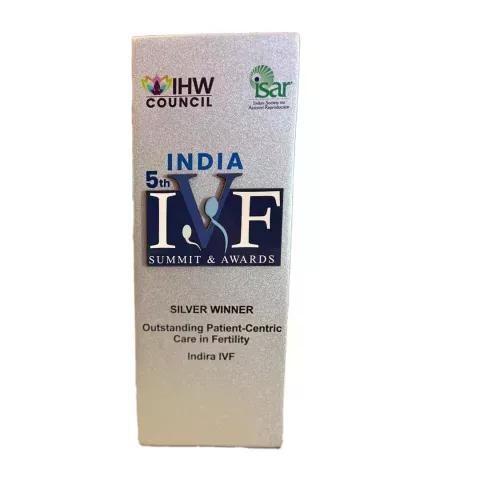
Outstanding Patient-Centric Care in Fertility (Silver)
5th India IVF Summit & Awards, 2024 by IHW Council
-
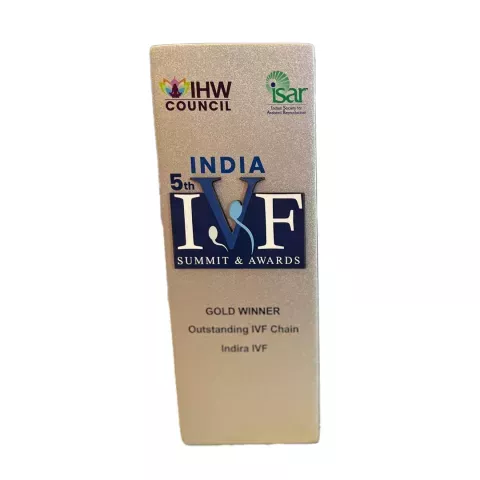
Outstanding IVF Chain (Gold)
5th India IVF Summit & Awards, 2024 by IHW Council
-

IVF/Fertility Chain of the Year
ET National Fertility Awards, 2024
-
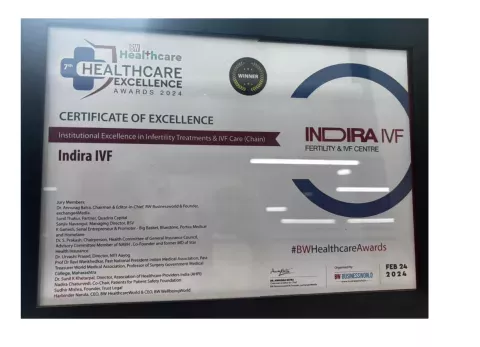
Institutional Excellence in Infertility Treatments & IVF Care (Chain)
BW Healthcare Excellence Awards, 2024
IVF Treatment Cost in Aligarh – Quick Overview
The cost of IVF in Aligarh varies depending on your treatment plan. For detailed pricing and package options
| Top Fertility Treatments | Cost at Indira IVF |
|---|---|
| IVF/ICSI | Starts from ₹1,00,000* per cycle |
| IUI | Starts from ₹5,000** |
*IVF process, Injections, Egg Pickup, Embryo Transfer cost included. Cost of treatment depends on your test reports, type of treatment required, hormonal conditions etc. and may vary from couple to couple.
**Cost of treatment depends on your test reports, type of treatment required, hormonal conditions etc. and may vary from couple to couple.
How to Book an Appointment with Indira IVF Hospital in Aligarh

How to Book an Appointment with Indira IVF Hospital in Aligarh
It is easy and simple to connect with the Indira IVF Clinic in .
- Call : Dial 18003092323.
- Website Inquiry Form : Fill out the form on our website and get a quick call back.
- WhatsApp Chat Option : Click the WhatsApp icon on our website.
Latest Blogs
BMW Reports Click to collapse
| Type of Report | Year | View Report |
|---|---|---|
| BMW Accident Policy | - | Click here to view |





